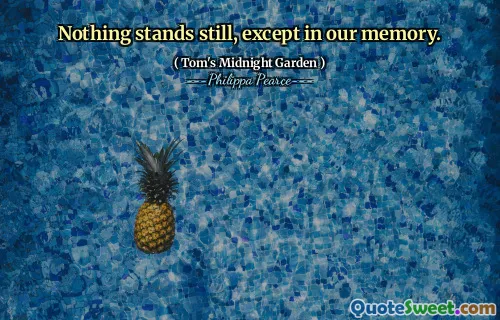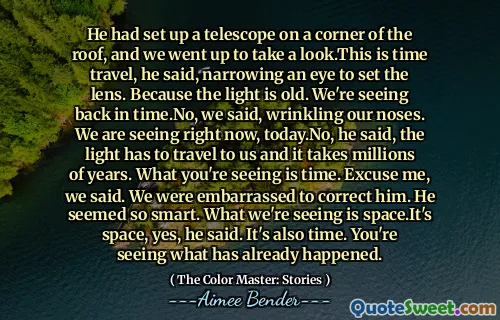
Time itself is an element.
The idea that time itself is an element invites deep contemplation about the fundamental nature of reality. Traditionally, we consider elements as the basic building blocks of matter—like earth, fire, water, and air. To think of time as an element suggests acknowledging it as a core constituent of existence, almost as if it were as tangible and central as the physical elements around us. This perspective urges us to recognize time not merely as a backdrop or a measure of change but as an active component intertwined with the fabric of reality. Since everything we experience occurs within the constraints of time, viewing it as an element emphasizes its indispensability. Philosophers and scientists alike have long examined the fluidity and dimension of time—how it flows, how it relates to space, and how it influences change. When we regard time as an element, perhaps we hint at its intrinsic omnipresence and its profound influence on structure and matter.
Furthermore, this viewpoint might inspire us to perceive time as an element we can manipulate or engage with, just as one might with physical elements. It underscores the importance of understanding our relationship with time—how we perceive its passing, how it frames our memories, hopes, and fears. Recognizing time as an element challenges us to see it as more than a concept or measurement; instead, it becomes an integral part of the universe's architecture that shapes every moment of our existence. In contemplating such a notion, we may gain a heightened appreciation for the delicate and intricate role that time plays in the universe and within our lives, urging us toward a more profound respect for its power and elusiveness.











